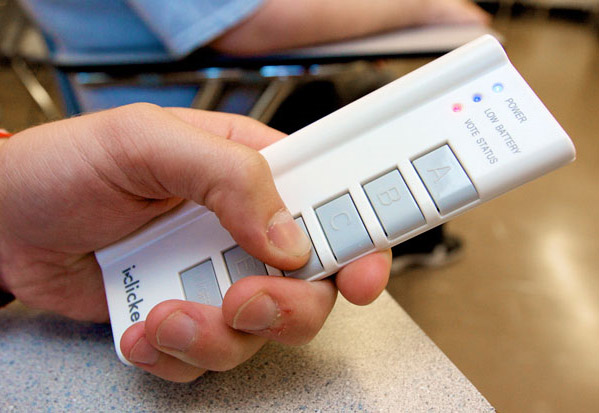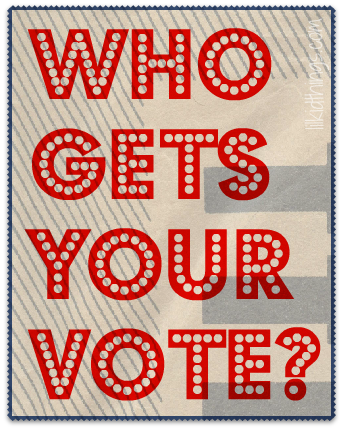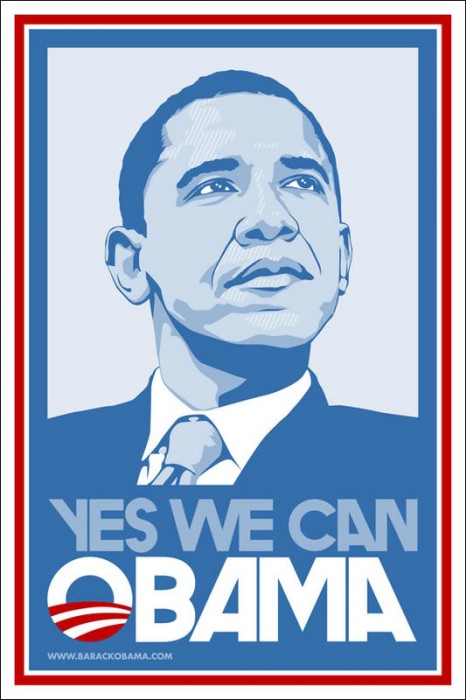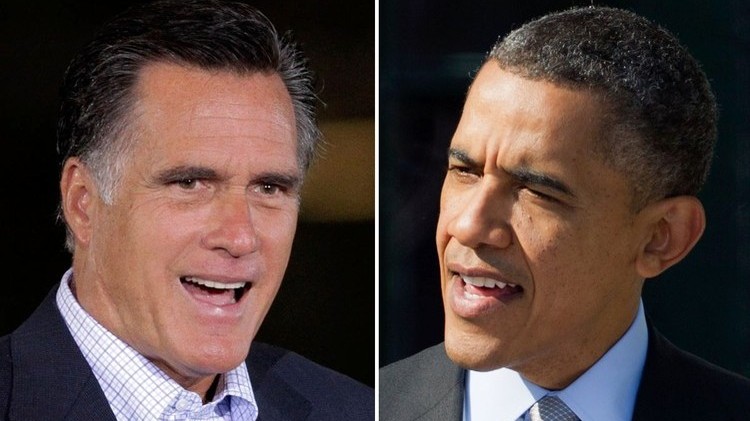Who are you voting for in this election? The election is coming up on Tuesday November 6th and do you know the key issues each candidate is promoting. Well, Mercy College wants its students to be knowledgeable and be able to make a well-informed decision when they choose their next president. Many people are voting for a candidate but do not really know the reasons behind why they are in favor of President Barack Obama or Governor Mitt Romney. That is why on Tuesday, October 9th from, 3:30 pm – 4:30 p.m., Mercy College replayed the taping from the Presidential Debate that aired on Wednesday, October 3rd.
The debate was shown on a big screen with about five different classes attending this event and there were approximately 50 students in the room, including students who just came in for their own benefit. This event was open to everyone on campus.
Professor Dr. Adam Klein, who teaches classes in Communication Studies, was the one who set up and ran this event. He wanted a lively discussion, which would clue our generation in on the important topics that are affecting America today. This viewing was not one where you just sat watching a video, Professor Klein wanted to engage us and get our minds thinking so he made this event interactive. Professor Klein had 50 iClickers and there were a little less than 50 people in the room, so everyone got one. If more students were to have attended, there would have not been enough iClickers. But seeing the debate, if you had not already, and getting to see your fellow classmates responses would still make attending this event highly informative.
The iClicker is a very nifty little device. The iClicker looks like a remote and allowed students in the room to vote on questions that Professor Klein made up. The iClicker is a radio frequency device where students anonymously respond to questions that the instructor or event leader poses. To respond to a question, participants just pressed the button corresponding to the answer they wished to submit. When the vote status light shined green, that indicated your response was received. A red flashing light indicated that your vote was not received and you needed to vote again. Additionally, your clicker flashed red if your instructor had not begun polling. If you wanted to change your response, you simply pressed the button corresponding to the new answer you wished to submit. This lets you and your instructor quickly know how well you understand the lesson material.
Professor Klein’s questions showed up on a PowerPoint and when he put the timer on the computer, that was hooked to the main system, it activated our clickers and the students of Mercy were able to press a button from A to E to give their answers. Most of the questions only had an A or B part, but sometimes had a C answer choice if you were undecided. These answers were then tracked in a bar graph. After each question Professor Klein showed us the bar graph so we all could see the results.
Some of the results were very surprising. Students who did not see the original airing of the debates first thought that Governor Mitt Romney was the better choice. But towards the middle and when the taping of the debates ended the majority of students who were in the room changed their minds and wanted President Barack Obama to win the election. The reason why those students changed their minds was because they saw that President Barack Obama’s responses were more on topic, clearer, and more to the point because he took his time to answer the questions and this allowed him time to think about each answer, instead of just giving fast responses like Governor Mitt Romney did. Even though, most of the students felt that Governor Mitt Romney had more energy and had the more outgoing personality, many of the students noticed that he only looked down at his paper twice and quickly not taking any major notes unlike President Barack Obama who was writing down almost everything so that his answers could be more thorough and better formulated.
However, before the debate was played, the students were asked several questions on PowerPoint slides to know where they stood right off the bat on a few major topics. One question was to see what the top concern was of each individual student regardless of what the top concern was from the two candidates’ points of view. The answers dealt with job loss and job creation, the economy and the deficit. If the issues of the LGBT community were a concern, there were two other answers to that question as well. The iClicker responses indicated most of the students were concerned with jobs because that answer was ranked the highest on the bar graph.
After each segment of the debate, Professor Klein would stop the recording and give us questions based on what we thought on just that certain part. The first couple of questions stopped after the first round when each candidate answered two questions back and forth. Professor Klein wanted to see, if after just hearing a little bit from each candidate, who we felt was the stronger person thus far. More then half the room thought Governor Mitt Romney was stronger in delivering his answers because several students said he was more outspoken. Professor Klein then continued to play the debate stopping at certain points to allow for questions to be answered using the iClicker device again. The answers now were not in favor so much of Governor Mitt Romney but rather President Barack Obama was more liked.
Some of the questions asked, and were similar to the question “Whom would you rather ride in a car and talk about politics with?” That question was more to see which man you could have a long conversation with and get along best with if either of these candidates could be “your friend.” Even though many of the students in the room thought Governor Mitt Romney delivered his answers more clearly, they would not want to spend time hanging out with him and getting to know him better because the answer to that question showed a much higher percentage for Barack Obama on the bar graph. That was a very interesting question that Professor Klein decided to ask us. Professor Klein was trying to bring President Barack Obama and Governor Mitt Romney down to the level of the everyday person who we could see ourselves enjoying a car ride with.
Many of the students in the room had already seen this debate when it aired on television and knew who they were voting for, but others still were undecided. This event was successful and got students thinking about the important issues that we as a nation are facing. After participating in this event, Mercy students are more informed will more likely watch the next debates and will be more ready to make a better-educated choice when they vote this November.

















